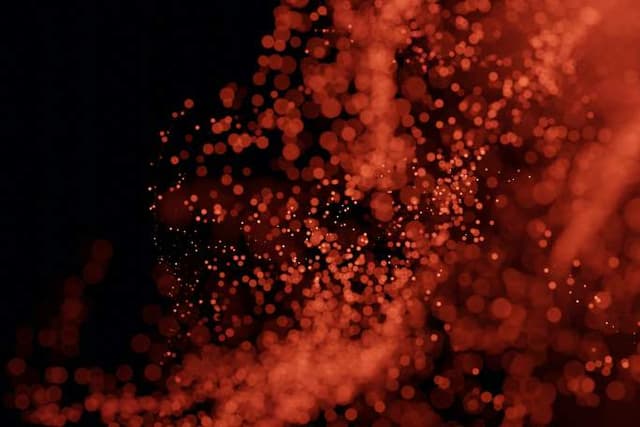
IPCC - Everything You Need to Know About Energy
Lesson1 of 15 in this unit
PrimarySecondaryYear 5 - 8ScienceEarth and SpaceEnvironmentalClimate ChangeEnergyEconomicDesign ThinkingIndustry, Innovation and Infrastructure
Summary
Lesson Guides and Printables
Lesson Plan

Teacher Content Info
